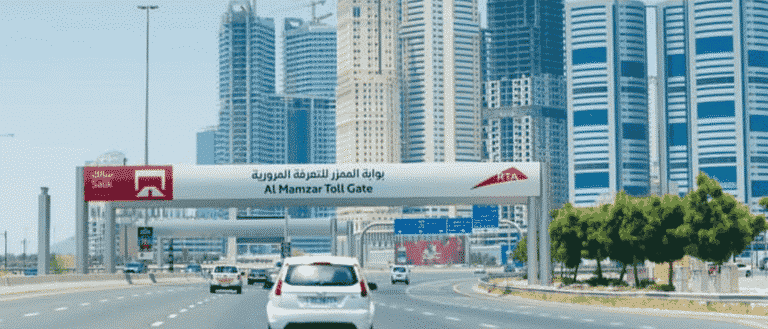Cases of mpox have recently been confirmed in countries like Pakistan and Sweden. Although the UAE remains safe, doctors recommend that residents stay vigilant and keep up with official government updates. Last week, the World Health Organization (WHO) declared mpox (formerly known as monkeypox) a global public health emergency following a surge in cases in the Democratic Republic of Congo, which then spread to nearby countries. But what does this mean for people living in the UAE? Keep reading to find out what health experts have shared.
Also read: Less Than 1 Month Till The Next UAE Public Holiday – How Many Days Will We Get Off?
Understanding Mpox: What You Need to Know
Mpox belongs to the same family of viruses as smallpox and was first identified in monkeys in 1958. It’s a zoonotic disease, meaning it can be transmitted from animals to humans.
What Are The Symptoms Of Mpox?
Symptoms can include headaches, fever, chills, rashes that resemble chickenpox but aren’t identical, swollen lymph nodes, muscle aches, and weakness. Dr. George points out that symptoms can vary from person to person. In the case of rashes – a rash might appear before or along with other symptoms, and it doesn’t always spread across the whole body. Sometimes, the first signs appear in the groin, mouth, or other specific areas.
How Does It Spread?
Mpox spreads through close contact with an infected person or animals or through contact with contaminated objects like bedding or clothing. Direct contact with bodily fluids or materials from lesions can also transmit the virus.
Also read: The UAE Heat Wave Is Coming To An End This Month!

UAE Doctors Reassure, But Urge Caution
Despite WHO’s declaration, UAE doctors are advising against unnecessary worry. Dr. Jyothish George, Director of Vaccine Services at Prime Hospital, reassures that there’s no need for panic, highlighting that the UAE government is actively monitoring the situation. However, other local UAE-based doctors are still advising all residents and even tourists to follow any guidelines provided by UAE health authorities. This also includes exercising the same precautions that were used during the Coronavirus period, such as washing hands thoroughly for at least 30 seconds with high-quality soap and avoiding unnecessary physical contact with people when not needed.
Also read: Making These 4 Mistakes With Your Emirates ID Can Land You Fines Of Up To AED 20,000!
What Vaccinations & Treatments Are Available?
Vaccinations are currently reserved for high-risk groups and are only available in select countries where they’ve been approved. Dr. George notes that for now, there isn’t a general recommendation for widespread vaccination in the UAE. However, antiviral treatments are available for severe cases. Maintaining a healthy diet to boost immunity is also advised.

Also read: Travelling In The UAE? Rules For Carrying Cash, Jewellery & Prohibited Items
Is It Recommended For UAE Residents To Continue Travelling?
For those planning to travel, Dr. George advises taking precautions if visiting areas with reported cases. So far, countries that have reported mpox or derivative variants include:
- Burundi
- Cameroon
- Central African Republic
- Côte d’Ivoire
- Democratic Republic of the Congo
- Kenya
- Liberia
- Nigeria
- Pakistan
- Rwanda
- South Africa
- Sweden
- Uganda
Avoid close contact with anyone showing symptoms of mpox, especially those with rashes, and seek medical advice if you’re concerned. Emphasis has also been put on the importance of practising good hygiene, keeping up with local health alerts, staying hydrated, and managing any symptoms with appropriate medication.
While the situation with mpox is being carefully watched, UAE residents should remain informed and cautious, especially when travelling. There’s no cause for alarm, but staying alert is crucial for everyone’s safety.
You may also like: UAE Launches New Streamlined Process For Lifting Travel Bans – What You Need To Know














